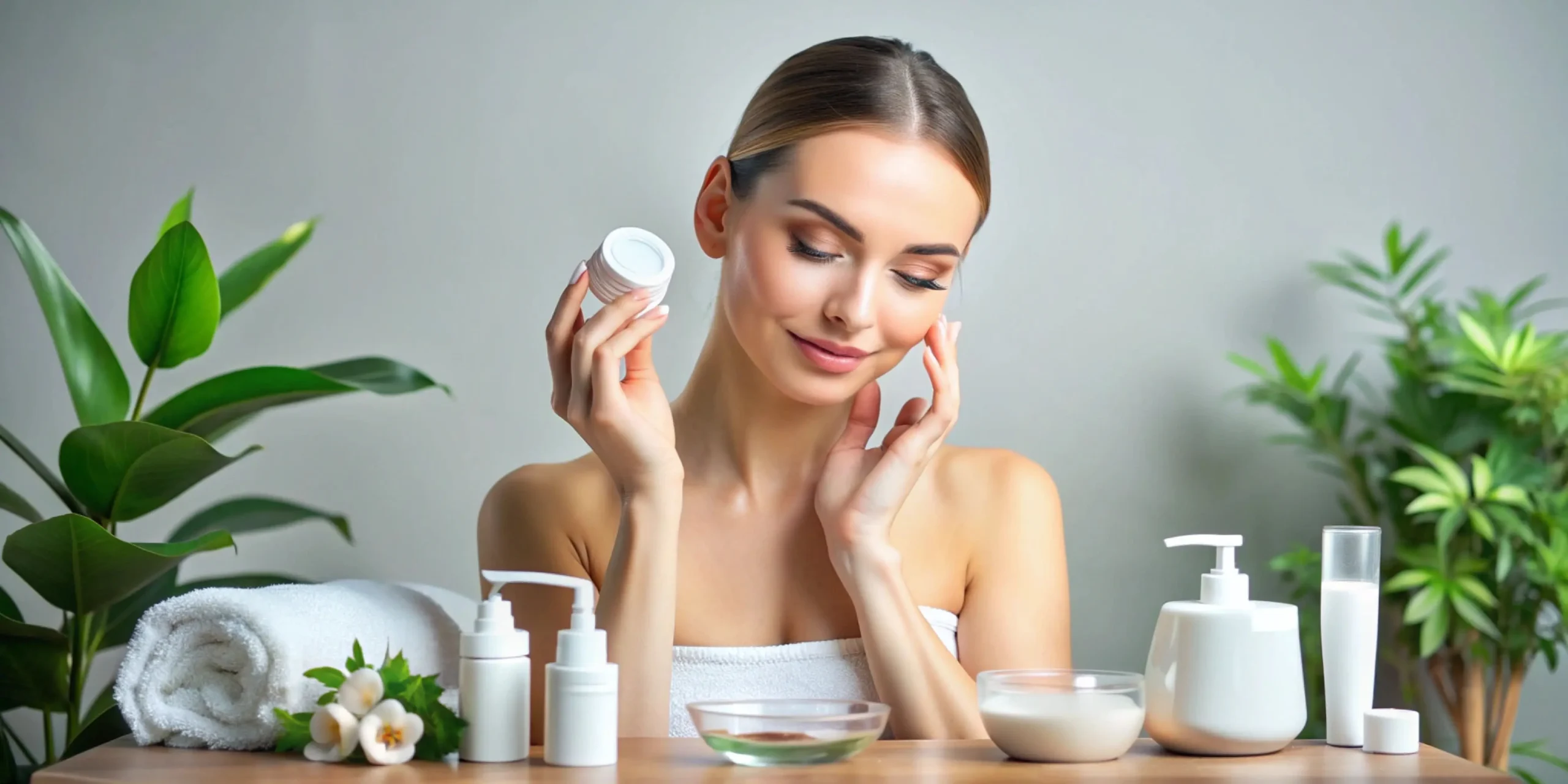Introduction: The beauty industry is more than just skincare and makeup—it’s about trust, safety, and sustainability. Today’s consumers want to know that the products they use are safe, high-quality, and ethically made. That’s where cosmetics certifications come in. These badges of approval give customers confidence in a brand and help businesses stand out in a competitive market. Let’s dive into the certifications every cosmetics brand should know about and why they matter.
Cosmetic Product Regulations To Keep In Mind
Navigating the maze of cosmetic regulations can be challenging, but it’s essential to ensure products are safe and compliant. Different countries have their own set of rules. For example, the FDA oversees cosmetics in the U.S., while the EU has its Cosmetic Products Regulation (CPR). These frameworks focus on everything from labelling to ingredient safety.
Key Things to Remember
- Ingredient Restrictions: Ingredients like parabens and sulfates are restricted or banned in certain regions.
- Labeling Standards: Clear ingredient lists and appropriate warnings are a must.
- Claims and Advertising: Bold claims like “organic” or “hypoallergenic” need to be backed by evidence.
Top Cosmetic Certifications to Look For In Cosmetics Brand
Certifications act as a seal of trust, showing that a brand meets high standards. Here are some of the most recognized ones:
Organic Cosmetics Certification
Labels like USDA Organic, COSMOS Organic, and ECOCERT assure consumers that a product is free from synthetic chemicals, pesticides, and GMOs. These certifications give customers peace of mind while promoting sustainability.
Vegan and Cruelty-Free Certification
Certifications such as Leaping Bunny and PETA Certified are perfect for consumers who care about animal welfare. These labels mean no animal testing or animal-derived ingredients were involved.
Halal Certification
Halal-certified products ensure that ingredients and processes comply with Islamic law, making them suitable for Muslim consumers.
ISO Certifications
Standards like ISO 22716 set the bar for good manufacturing practices, ensuring safety and quality in every step of production.
The Role of Organic and Natural Cosmetic Certifications
The demand for organic and natural cosmetics is at an all-time high. These certifications aren’t just a trend; they’re a way for brands to commit to safer and more sustainable practices.
Why They Matter
- Building Trust: Certifications reassure customers that “organic” or “natural” claims are genuine.
- Standing Out: With so many options, being certified helps brands shine.
- Supporting the Planet: By reducing harmful chemicals, brands contribute to environmental sustainability.
How Cosmetic Certifications Ensure Product Safety and Quality
When you see a certification, it’s not just a fancy logo—it’s proof that a product has met rigorous safety and quality standards. Certifications protect both consumers and brands from potential risks.
Key Safety Benefits
- Ingredient Safety: Harmful substances are banned or restricted.
- Manufacturing Standards: Certifications like GMP ensure clean and controlled production environments.
- Transparency: Certified products offer clear insights into sourcing and production practices.
What Is GMP Certification?
Good Manufacturing Practices (GMP) certification might not sound glamorous, but it’s a game-changer for cosmetics brands. It ensures that products are made consistently and meet strict quality standards.
Benefits of GMP Certification for Cosmetic Manufacturers
- Consistency: GMP certification standardizes production processes, meaning every batch meets the same high standards.
- Building Trust: Consumers feel confident knowing they’re using safe and reliable products.
- Staying Compliant: GMP aligns with international regulations, helping brands avoid legal issues.
- Reducing Risks: By following strict protocols, skincare manufacturers minimize the chances of product recalls and defects.
Understanding the Role of Beauty Industry Certifications in Market Growth
Certifications aren’t just about following the rules; they’re a key to unlocking new opportunities. Whether it’s gaining entry into regulated markets or appealing to conscious consumers, certifications give brands a competitive edge.
Why They’re Worth It
- Access to New Markets: Many countries require certifications for imported cosmetics.
- Elevated Brand Image: Consumers associate certifications with quality and ethics.
- Competitive Advantage: In a crowded market, certifications make a brand stand out.
Conclusion
Cosmetic certifications are more than technicalities—they’re about ensuring quality, earning trust, and standing out in a competitive industry. As consumers become more informed and selective, certifications will only grow in importance. By investing in these credentials, brands not only comply with regulations but also build a loyal customer base and a brighter future.
FAQs
1.What is a cosmetics certification?
A cosmetics certification is an official stamp of approval from a recognized body. It confirms that a product meets specific standards, whether for being organic, cruelty-free, vegan, or made under good manufacturing practices
2. Why are cosmetics certifications important?
Certifications are crucial for building trust and ensuring safety. They validate product claims, help brands meet legal requirements, and appeal to conscious consumers who prioritize quality and ethics.
3. What are the most common types of cosmetics certifications?
The most recognized certifications include organic certifications (like USDA Organic), cruelty-free labels (like Leaping Bunny), and GMP certifications. Halal and ISO certifications are also widely sought after.
4. Can cosmetics certifications be revoked?
Yes, certifications can be revoked if brands fail to maintain compliance. Certifying bodies conduct regular audits to ensure standards are consistently met.
5.How long does a cosmetics certification last?
The validity varies but typically ranges from one to three years. Regular audits and renewals are required to maintain certification status.
Related Blogs


